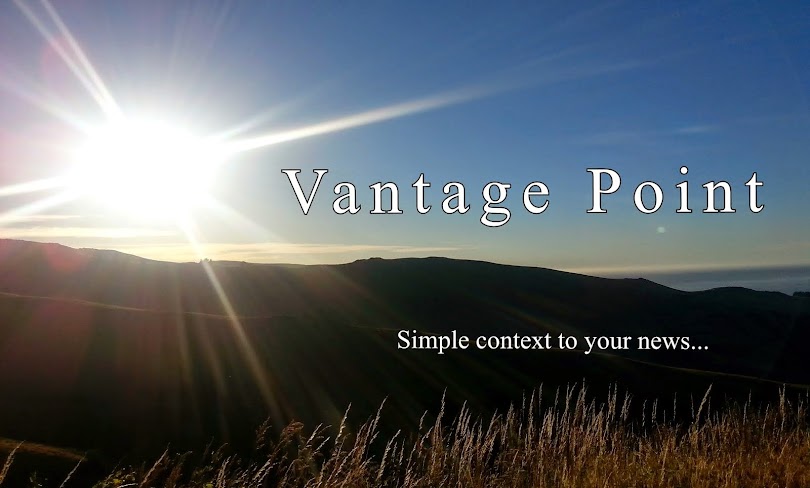By Bérengère Greenland
Earlier this month, the
University of Canterbury hosted, in association with UN Youth, the EUCN and the
NCRE, a model European Parliament for high school students. The theme this year
was the refugee crisis in Europe. For months we had been working on how to best
explain the crisis to teenagers. How could we make them understand what was at
stake for refugees, for host countries and for Europe but also how it mattered
for New Zealand? Then, that morning, before the event started I checked the
news on my computer and saw Aylan’s photograph. And I felt like no words or
figures could possibly explain with the same emotion the crisis that led a
young child to drown in the Mediterranean Sea and be found the next morning
lying lifeless on a beach.
